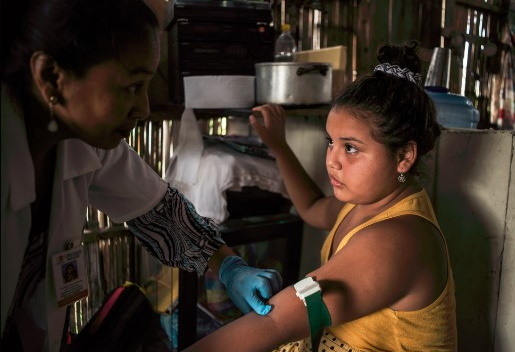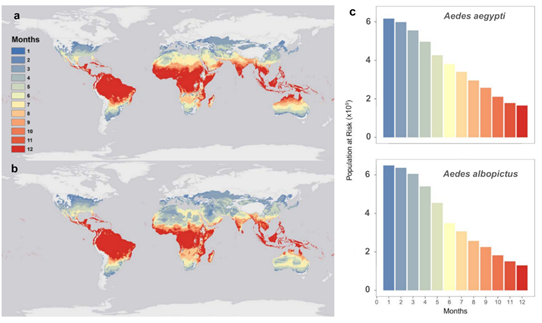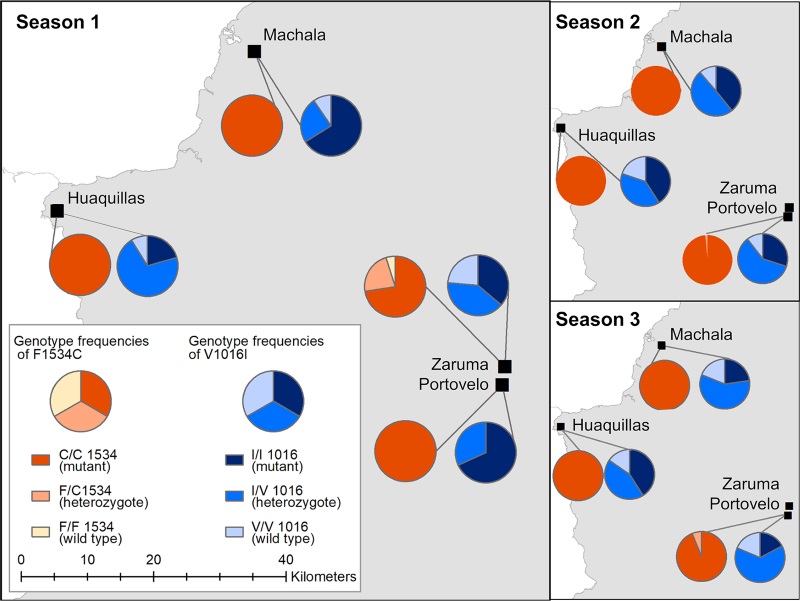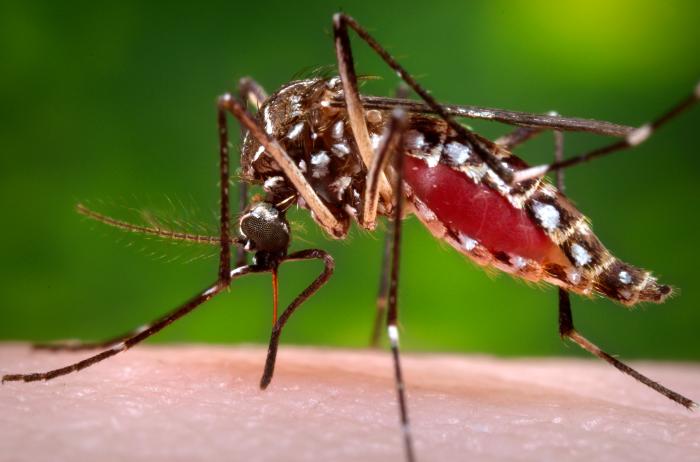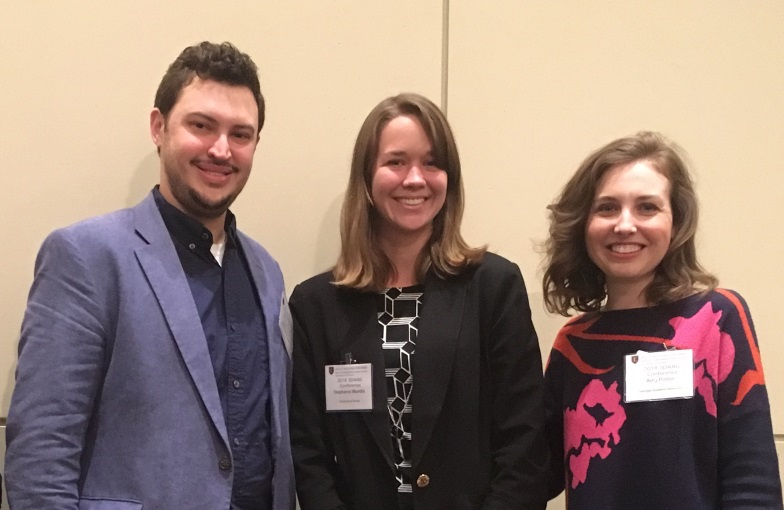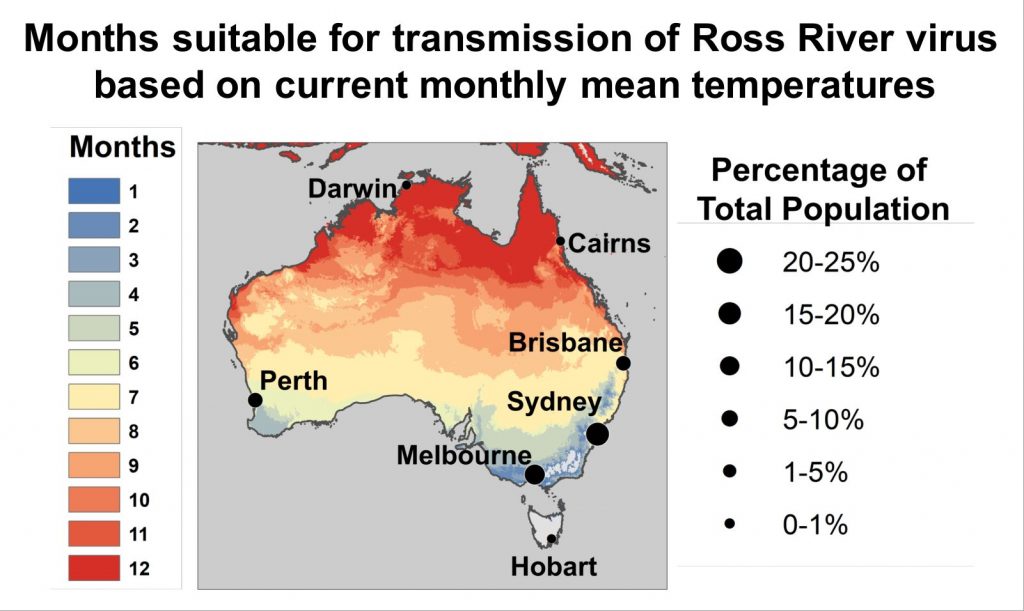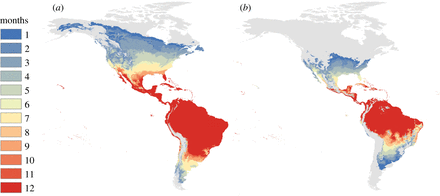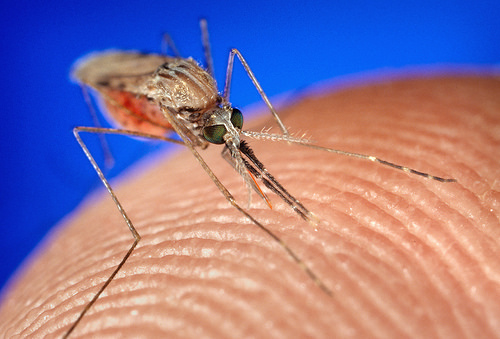Implications of Insecticide-Treated Mosquito Net Fishing in Lower Income Countries
RYAN – Implications of Insecticide-Treated Mosquito Net Fishing in Lower Income Countries David A. Larsen, Joseph Makaure, Sadie J. Ryan, Donald Stewart, Adrianne Traub, Rick Welsh, Deirdre H. Love, and Joseph H. Bisesi Jr Article first published online: 8 JAN 2021 Environmental Health Perspectives DOI: 10.1289/EHP7001 ABSTRACT: Introduction: Insecticide-treated mosquito nets (ITNs) are highly effective […]
Read more "Implications of Insecticide-Treated Mosquito Net Fishing in Lower Income Countries"
